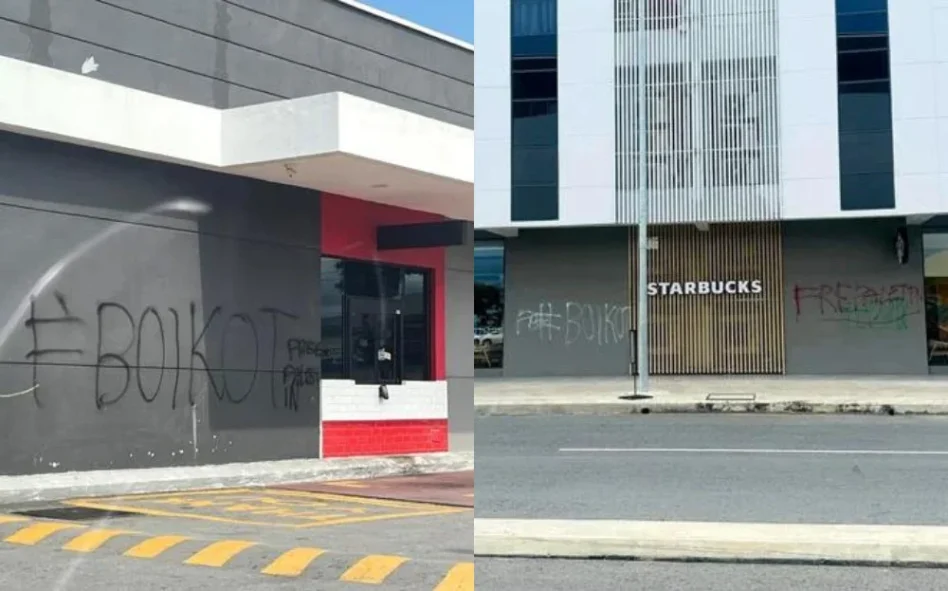By Lee Heng Guie
The government and Malaysians face a set of domestic and external challenges that arguably needs the greatest focus and attention of policy makers since the 2008-09 global financial crisis.
The economy grew by 4.7% in the first nine months of this year, and the government expects continued economic expansion estimated 4.8% in 2020 as against consensus estimates of between 4.4% and 4.6%.
Risks to the forecast are skewed to the downside. External headwinds weighing on the global economy are the US-China trade conflict, renewed financial stress, sharper-than-expected slowdown in major economies and geopolitical risks and tensions.
Malaysia’s trade will continue to be caught in the crossfire of the US-China trade tensions, which is likely to drag on for a while longer as negotiations are ongoing on the different phases of trade deals.
This means that weak exports will remain a drag on the economy. Exports are estimated to grow by 1.0% in 2020.
The domestic growth engine also faces hurdles. The Malaysian economy has been running on one leg, which is private consumption, which makes up 58.1% of total GDP and had contributed an average of 5.0 percentage points to real GDP growth (an average of 5.0% a year in 2016-18) and 3.9 percentage points to real GDP growth of 4.7% in Jan-Sept 2019.
A discernible pullback in consumer spending could drag down the domestic economy. Real private sector wage growth moderated to 3.8% in 3Q19 from 4.2% in 2Q and 5.2% in 1Q.
Real wage growth in the manufacturing sector also paced slower to 3.2% in 3Q19 from 3.9% in 2Q. Cooling wages could restrain households’ spending.
Private investment growth remains slack as businesses and investors wait to see what any shakeup in both the international environment and on the domestic front will be like.
Between 2013 and 2018, Malaysia had suffered net outflows of portfolio investment averaging RM23.7 bil a year, with 2018 recording the largest net outflow of RM44.4 bil.
In the first nine months of 2019, the net outflows remained substantial at RM34.9 bil.
For 2018-19, a confluence of negatives has caused investors to shun domestic equities and bonds:
- Increasing downside risks to the global economy.
- The unsettling China-US trade dispute.
- Slowdown in China’s economic growth.
- Brexit uncertainty.
- Domestic-inflicted issues and concerns weighing on investors’ sentiments are:
- Post-2018 general election political and policy transition.
- The lack of fresh catalysts.
- Investors’ “wait and see” approach.
- FTSE Russell placing Malaysia on the World Government Bond Index (WGBI) watch list.
- Placing Malaysia on the US Currency Monitoring List.
- Lingering uncertainty and concerns about political developments, including leadership transition and the policy changes that will follow.
Competition from Asean rivals
On a positive note, Malaysia is still enjoying net inflows of direct investment (long-term capital investment) which measures the difference between foreign and outward direct investment.
In 2016-18, net inflows of direct investment registered an average of RM13.8 bil a year, a sharp turnaround from the average net outflows of RM12.3 bil a year for six successive years (2010-15).
In Jan-Sept 2019, net direct investment registered net inflows of RM7.2 bil.
Approved investment in the manufacturing, services and primary sectors increased moderately by 1.9% a year from RM193.1 bil in 2015 to RM204.4 bil in 2018.
In 1H 2019, approved investment increased by an annual rate of 7.6% to RM92.0 bil.
While FDI inflows averaged RM38.7 bil a year in 2010-18, Malaysia’s Asean competitors are fast catching up to absorb a lion’s share of the FDI for the region.
Today’s complex environment is characterised by rapid changes, rising protectionism and competition, technological disruption in the market and workplace as well as the presence of domestic structural weaknesses.
These include low productivity growth and capital efficiency; high youth unemployment; shortage of skilled manpower supply; the economic divide; wider growth and income disparities between states as well as between rural and urban households; limited economic empowerment for the Bottom 40 (B40) income households; as well as somewhat limited fiscal space.
How we navigate these challenges could have implications now and over the medium and long terms. Political leaders should put the country’s and people’s interests ahead of those of their parties while the government and technocrats should focus on addressing long-term issues, not just the “here and now.”
We should put aside rampant political bickering, conflicts and infighting. Rather, we should recognise and deal with issues arising from external headwinds and domestic structural weaknesses that are impacting the domestic economy.
For now, we really need to unite for the country’s sake. A positive political environment is a condition for future and sustained economic growth.
Political stability is a variable of great importance in building a coherent and continuous path for sustainable development.
The uncertainty associated with an unstable political environment may undermine confidence, reduce investment and hinder the pace of economic development.
A house divided cannot stand. If we can manage the differences under a common goal, they can be turned into a dynamic force and strength to create an inclusive, dynamic and competitive New Malaysia.
Political leaders and Malaysians must constantly remind themselves to look at issues and problems facing the country with an open mind and rationally.
We ought to have an outreaching heart to help each other to grow this country.
We should not be complacent with what we have achieved thus far as our competitors in the region are fast catching up and becoming strong contenders for FDI.
Malaysians want united and caring nation
The government should act sternly against those fanning racial and religious hatred while it focuses on restoring confidence, managing the economy, implementing sound and clear policies and addressing the bread and butter issues.
Policy initiatives must be well executed and communicated to the stakeholders to avoid public and investor confusion about their good intentions.
For the country, Malaysia needs to have credible economic policies and growth narrative if it is to continue to move forward.
Ordinary Malaysians want a united nation living in a climate of mutual tolerance and trust as a respected society that is caring, economically just and equitable, progressive and prosperous.
For businesses and investors, it is important for the government to consistently foster a stable and conducive business environment for economic growth and business investment.
Besides the 3Cs – clarity, consistency and continuity – businesses want a competitive tax regime, an investment-friendly business environment and a supportive regulatory landscape.
Malaysians now have to think of the possibility of being placed in situations we have never before been forced to confront. These include a highly disruptive global environment; a more intense market and capital revolution powered by technology and innovation; disruptive technology and innovation; as well as workforce disruption.
In confronting future challenges, the government will have to be prepared to forthrightly and honestly engage Malaysia as a whole, its institutions and its people.
Lee Heng Guie is executive director of the Socio-Economic Research Centre, an independent organisation










